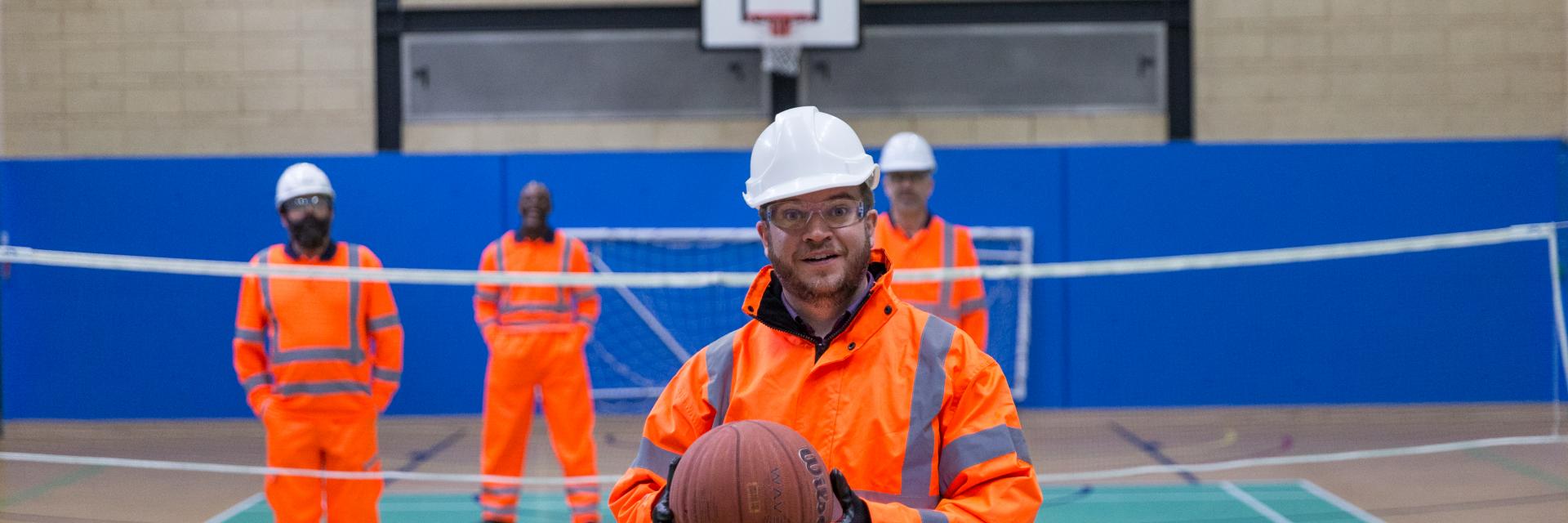Topic
Category
Year
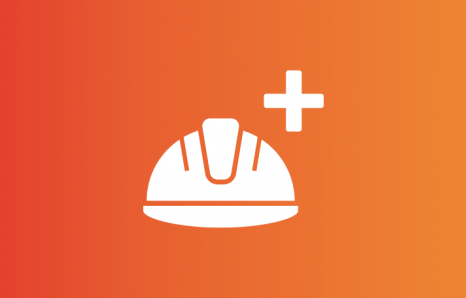
Tips for staying alert and energised during your shift
Deborah Edmonds and Rupert Lown will explore how we can all contribute to improving our alertness when we are working on shifts. Shift working can be a bind, but a bit of thinking and with some small adjustments we can make ourselves more alert – and you won’t need cans of energy drink or treble expressos! Our lives are hectic, we often have young families, caring for parents, grappling to sleep in very hot weather. All of these are things we have to live with, but there are tips and tricks to help us and we will explore these with you.
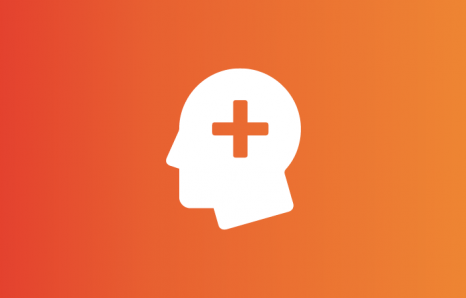
The four thoughts that f..k you up
When you free your mind from the thoughts that f**k you up, you’ll never look at anything the same way again. Want to get started? Highly experienced psychotherapist Daniel Fryer can stop these thoughts from messing up your life using a simple, but effective model. This approach is especially helpful if you struggle with stress, anxiety, depression, anger or self-doubt. Or if you want to improve your relationships with family, colleagues and peers or, simply, yourself.
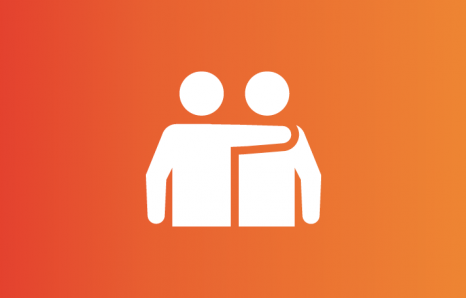
Railway Benefit Fund; supporting you in tough times
If you are affected by a financial crisis and need immediate support, the Railway Benefit Fund (RBF) is here to help you. The charity offers financial assistance, practical help and wide-ranging advice, all in the strictest of confidence. You are not alone, and help is only a phone call away.
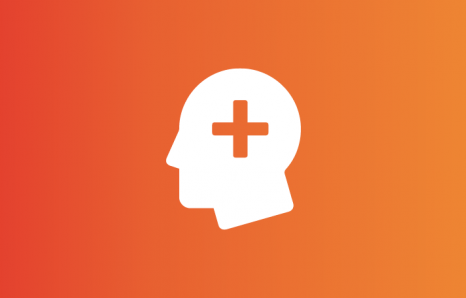
The mental health toolbox
Leaders and managers will daily face unexpected challenges and requests on their time to support staff. In this session we explore the dangers of having a single approach to respond to the various mental health issues staff experience and ask for any staff who manager, support or work in a team, what tools they can have to be ready to support others and how to tailor our support to the specific settings we are in. The session includes a brief input to the ways that the Railway Chaplains can support your teams.

Happier living
In this engaging and practical session, author and Head of Psychology and Workplaces at social movement Action for Happiness, Vanessa King explores why our wellbeing is worth taking seriously - as individuals, colleagues and for our communities. We explore what science suggests are some of its essential ingredients, and importantly practical ideas and actions to try out in our daily lives at home and at work.

Our industry-leading health dashboards
Over 20 rail companies are signed up to the award-winning rail industry health data dashboard project. The findings are already providing a powerful tool to generate evidenced based decisions to help businesses to improve overall wellbeing and health for rail staff. This session covers how companies have overcome the challenges of collecting health data, what to do if you are unsure or don’t know where to start collecting data and how it supports the story telling; answering the “why” and “so what” when taking action to drive change.
